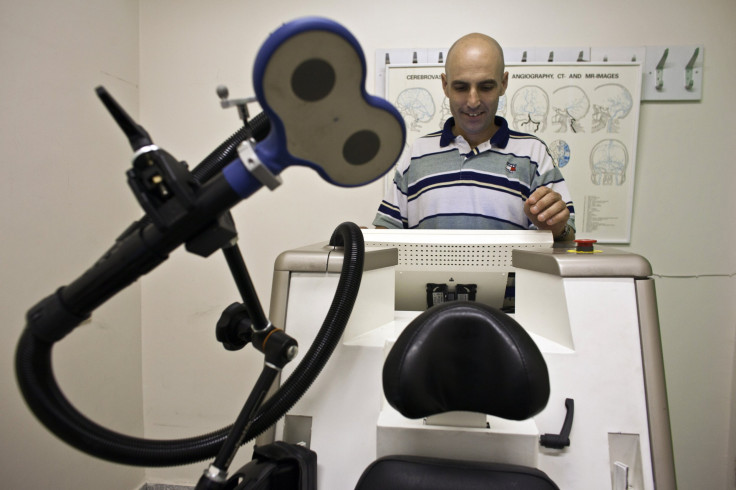Alzheimer’s disease Australia, cure, news & prevention: Tau protein, thought to cause the disease, actually fights it

In a major turnaround of events that has baffled medical experts and researchers, a protein that was long believed to cause Alzheimer’s, has proved to be one that actually fights off the degenerative disease.
The research, published in the journal Science, was led by two Sydney brothers who have now challenged scientists’ understanding of how Alzheimer’s develops in the brain.
“This is a completely new mindset. It was the opposite of what we expected,” Lars Ittner, German doctor researching brain diseases in Sydney, told The Australian.
The research may inspire researchers to have a fresh look at Alzheimer’s and finding a way to prevent this main form of dementia. As per Alzheimer’s Australia, the most common form dementia, Alzheimer’s, affects up to 70 percent of all people with dementia. It progressively impairs memory, behaviour and thinking.
The two primary causes of Alzheimer’s disease, as believed by doctors worldwide, are plaque formation in brain cells known as amyloid-beta and tau protein tangles that form inside the cells.
The new study has revealed that tau, even after modification, makes an unsuccessful attempt to prevent amyloid-beta from damaging brain cells. The plaque-forming protein after repeated attacks eventually succeeds in stripping tau of all its protective functions. This produces fibrous knots that drain brain cells of essential nutrients.
The new study also found that initially, tau is helped by another protein, p38-gamma, to prevent neuron damage. However, even this protein drains away as Alzheimer’s progresses.
“We were always thinking of tau as the bad guy. We had to change our entire concept,” Lars’ brother Arne Ittner stated.
The two researchers will now be stimulating the p38-gamma protein in mice with Alzheimer’s to check if it increases their cognitive abilities. They believe the toxicity could be reduced and memory partially restored if p38 activity is increased early enough.





















